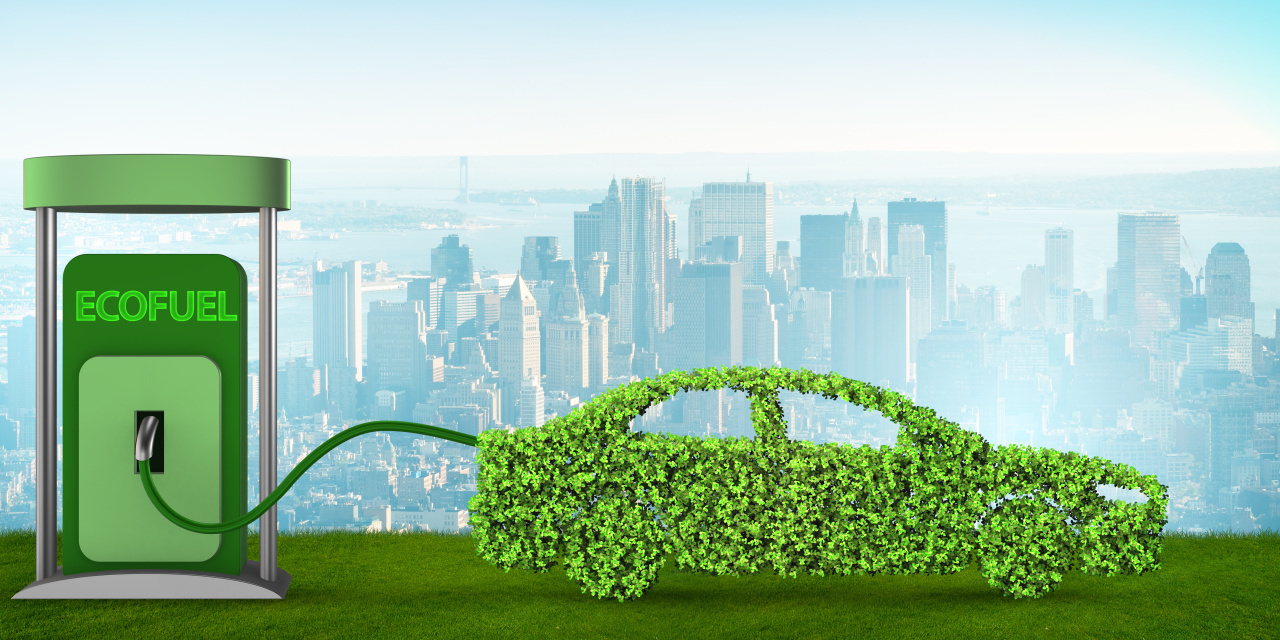 |
(123rf) |
South Korea plans to spend about 12 trillion won ($10.3 billion) next year on reducing greenhouse gas emissions and responding to the climate crisis to pursue carbon neutrality, the government said in its 2022 budget plan released Tuesday.
The plan calls for allocating 8.3 trillion won to low-carbon projects in four major sectors -- energy, industry, mobility and land -- and establishing a climate response fund worth 2.5 trillion won.
The government has selected the transition to carbon neutrality and digital transformation as one of its four key investment areas for next year.
Specifically, 8.3 trillion won will be earmarked to promote low-carbon economic structure, 800 billion won to create a low-carbon ecosystem, 500 billion won to support a fair conversion of the labor sector following industrial restructuring and 2.3 trillion won to strengthen the relevant institutional frameworks.
In addition, financial support will be provided to the renewable energy facility and power generation sector, as well as to the supply of eco-friendly energy, as part of the "Renewable Energy 3020" policy, which calls for increasing renewable energy's share of generation capacity to 20 percent by 2030.
The annual supply of eco-friendly vehicles will more than double from 116,000 units this year to 236,000 units next year.
High carbon emission industrial processes in the steel, cement and oil refining sectors, for instance, will be replaced with alternative technologies. Promising green industries will be fostered to lead the carbon-neutral economic paradigm, such as green hydrogen production and storage, white bio and remanufacturing industries.
In the labor sector, the government will support job and occupational transition, as well as digital competency enhancement, for about 150,000 workers, who can be marginalized in the process of industrial restructuring.Carbon neutrality has emerged as a global agenda for fighting climate change since the Paris climate accord went into effect in 2016. South Korea aims to go carbon neutral, or effectively reduce carbon emissions to zero, by 2050 in an effort to transform the country's fossil-fuel reliant economy into an eco-friendly one. (Yonhap)







![[Today’s K-pop] Blackpink’s Jennie, Lisa invited to Coachella as solo acts](http://res.heraldm.com/phpwas/restmb_idxmake.php?idx=644&simg=/content/image/2024/11/21/20241121050099_0.jpg)
